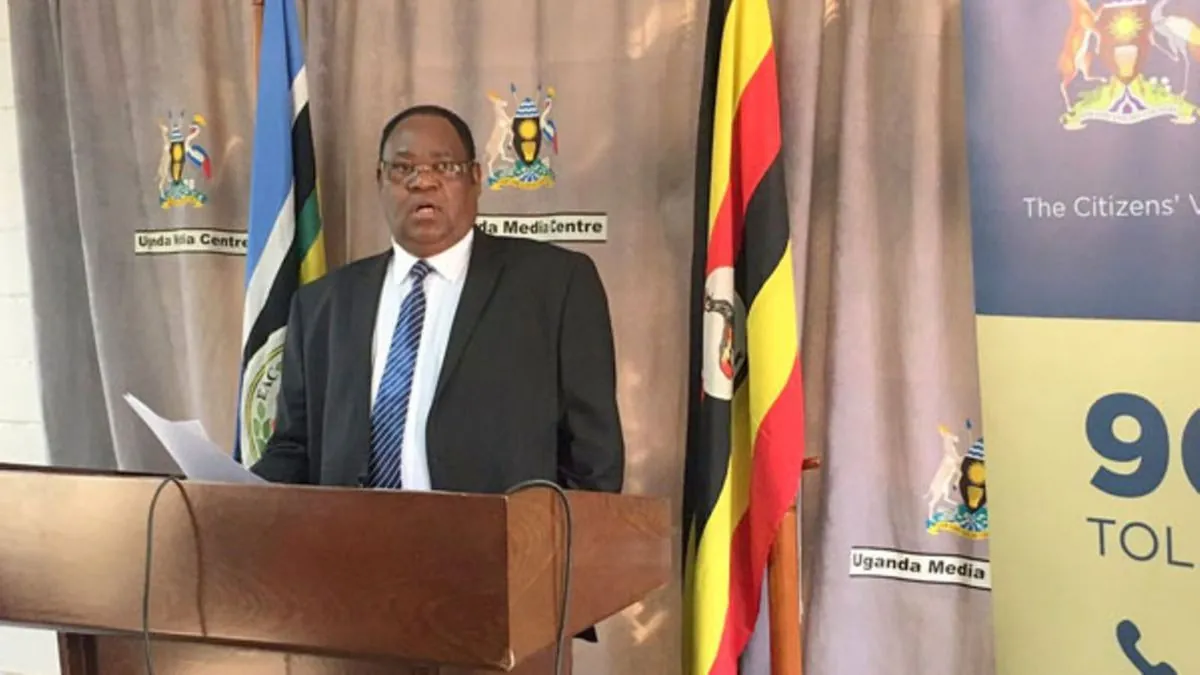Uganda Establishes State Mining Company to Boost Mineral Sector
Uganda forms a state-owned mining company to manage government interests in mining operations. The move aims to increase the country's share of mineral wealth value and promote domestic processing.

In a significant development for Uganda's mineral sector, the government has established a state-owned mining company. This initiative, announced by Ruth Nankabirwa, the Minister for Energy and Mineral Development, marks a pivotal shift in the country's approach to managing its mineral resources.
The new entity will oversee the government's equity interests in mining operations throughout Uganda. This change comes as part of a broader strategy to enhance the nation's benefits from its mineral wealth, following similar moves by other African countries such as Tanzania.
Under the revised mining law, enacted in 2022, the Ugandan government now holds a mandatory 15% free carry stake in all mining operations within the country. This legislation reflects Uganda's commitment to maximizing the value of its natural resources for national development.

Ruth Nankabirwa emphasized the company's role in fostering partnerships with emerging private sector developers. This approach aims to balance state interests with private sector expertise and investment.
Uganda, a country rich in mineral deposits, has been actively working to develop its mining sector since gaining independence in 1962. The nation's geology boasts significant reserves of gold, cobalt, copper, iron ore, and rare earth elements, presenting substantial economic potential.
Recent developments in Uganda's mining landscape include:
- The launch of the country's first tin refining facility by Woodcross Resources in April 2024
- Licensing of Chinese-backed Sunbird Resources for limestone mining in the Karamoja region
- Australia's Ionic Rare Earths receiving a license for rare earth mining and processing
These initiatives align with the government's push for domestic mineral processing, aiming to add value locally rather than exporting raw materials. This strategy could significantly boost Uganda's economy, which has traditionally relied heavily on agriculture.
Uganda's mining sector currently contributes only about 0.3% to the country's GDP, indicating substantial room for growth. The establishment of the state mining company is expected to play a crucial role in realizing this potential.
The country's focus on rare earth elements, which it has been developing since 2011, could position Uganda as a key player in the global supply chain for these critical materials. This aligns with the growing demand for rare earths in various high-tech and green energy applications.
As Uganda moves forward with its mining sector reforms, it faces both opportunities and challenges. The country's young population, with a median age of 16.7 years, presents a potential workforce for the expanding mining industry. However, balancing economic development with environmental conservation, particularly in areas like Bwindi Impenetrable National Park, home to endangered mountain gorillas, will be crucial.
"This company will manage the state's commercial interests in the mining industry. It will do so through strategic partnerships with young developers in the private sector."
Uganda's mining sector development occurs against the backdrop of regional integration efforts through the East African Community (EAC). This could potentially facilitate cross-border cooperation in mineral resource management and trade.
As Uganda continues to navigate its path in the mining sector, the new state-owned company represents a significant step towards harnessing the country's mineral wealth for sustainable economic growth and development.


































